The Centre for Climate Finance & Investment undertakes cutting-edge research on how capital markets are responding to global climate change.
Helping investors and policymakers overcome the lack of clarity about risk and opportunities arising in a changing climate. Our research covers five workstreams: Climate Risk Scenarios and Stress Testing; Nature; Clean Energy Investing; Climate Finance Markets and Instruments; and Adaptation and Resilience.
The Centre works closely with the Grantham Institute – Climate Change and the Environment and the Brevan Howard Centre for Financial Analysis. Imperial Business School launched the MSc Climate Change, Management & Finance in September 2016 in partnership with the Grantham Institute.
Recent reports
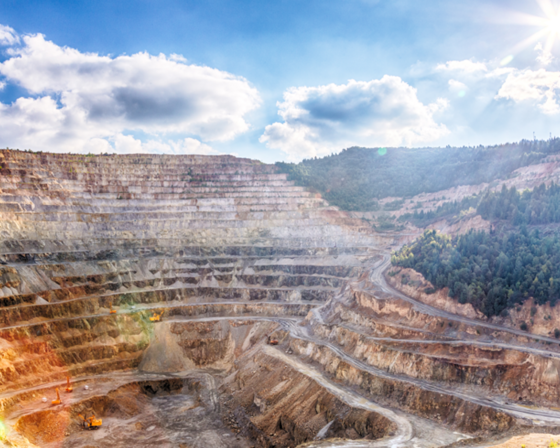
The Allocation of Natural Capital Investments

Aviation sector decarbonisation as a case of deep uncertainty: The need for an integrative, exploratory, and interdisciplinary approach

Capital Markets for Innovation: Unlocking Science and Technology Investment in Developing Countries

Science and Funding for Development Impact
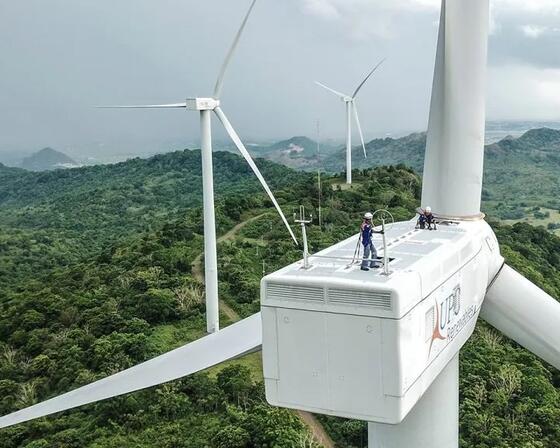
Implementing a Just Transition in Southeast Asia: How Financial Institutions Can Support Fair and Sustainable Growth

Driving Decarbonisation: Cross-Sectoral Second Order Impacts of High EV Penetration in India
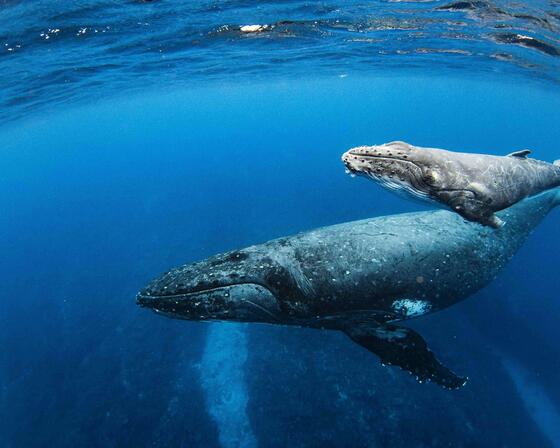
Nature Investing Survey

Enhancing Market Infrastructure and Integrity to Scale Up Carbon Markets in ASEAN (Policy Brief)

Financing Adaptation and Resilience in London and the UK: Moving from Aspiration to Reality
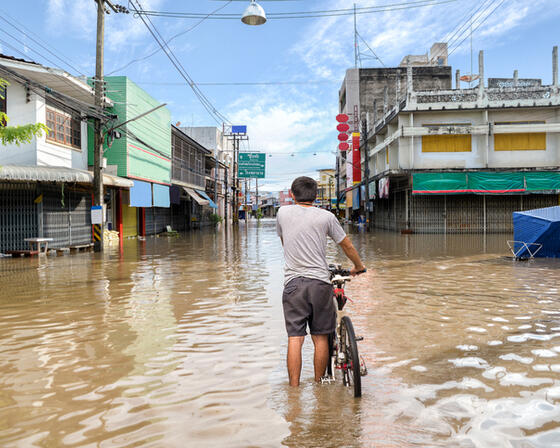
Mapping Socioeconomic Risks in the Transition to Net-Zero: The Role of Financial Institutions in a Just Transition

Carbon Accounting for Commodity Derivatives
Research in Development & Thought Pieces

Balancing climate ambition and energy security: The case for renewable acceleration in Indonesia
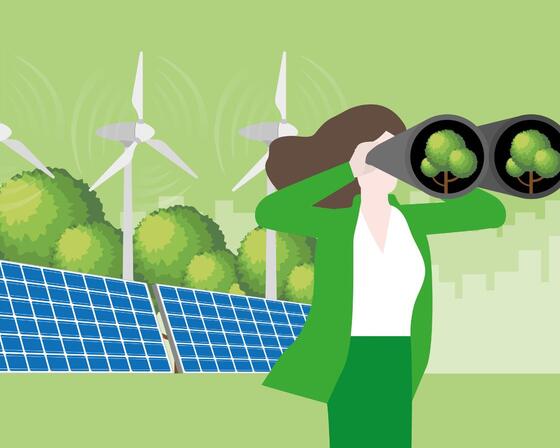
Adapting to a changing climate: how businesses can mitigate physical environmental risks

Top business school articles for students 2025

What's holding back the green transition?
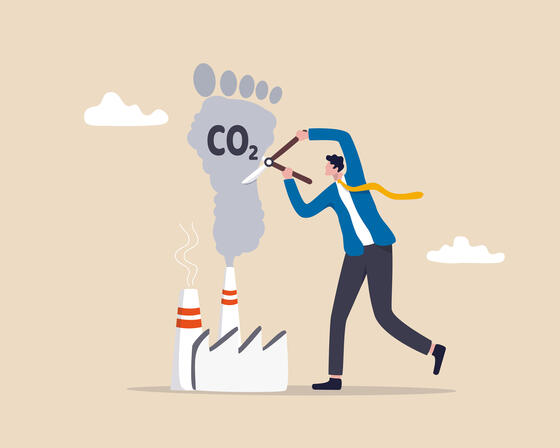
Climate: 7 articles on solving the crisis

Why are businesses falling short on climate goals?
Notes to Researchers
The CCFI works closely with other researchers and centres within Imperial College London. If you are interested to work with the Centre for Climate Finance & Investment please get in touch.